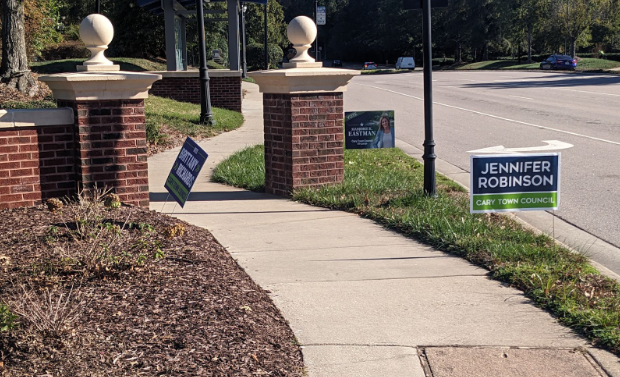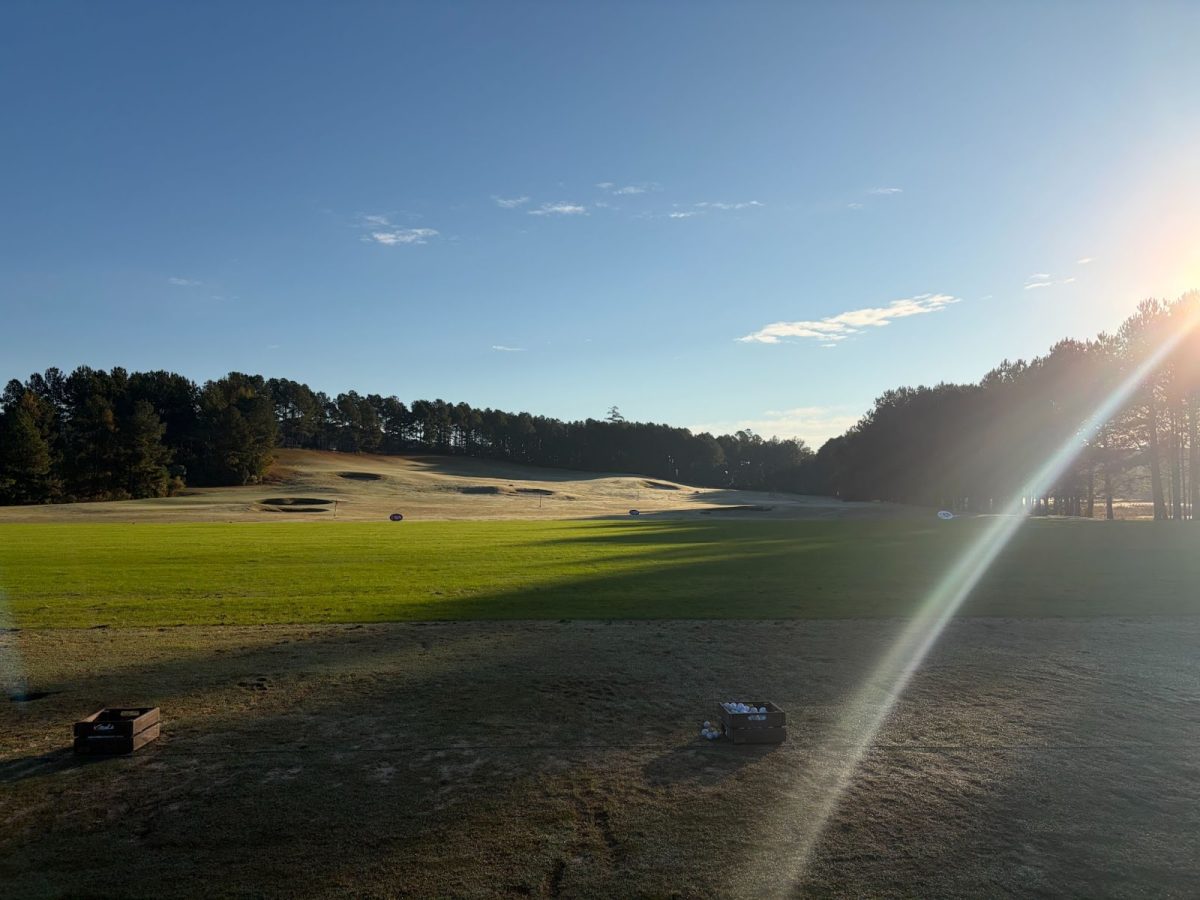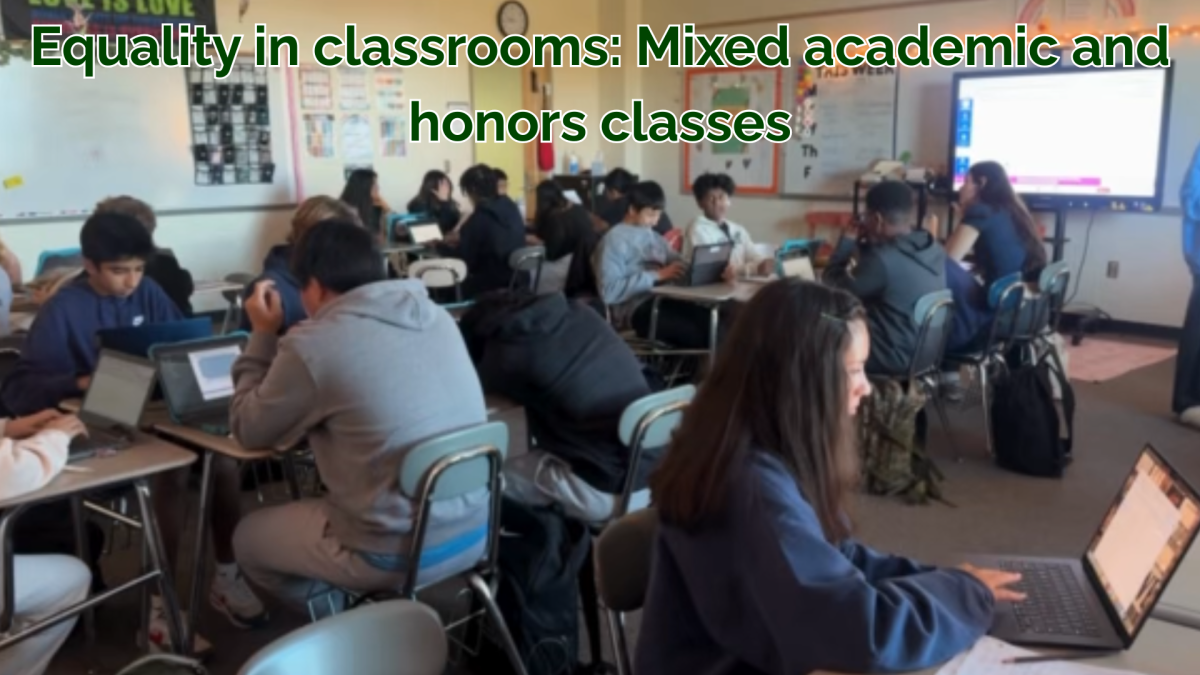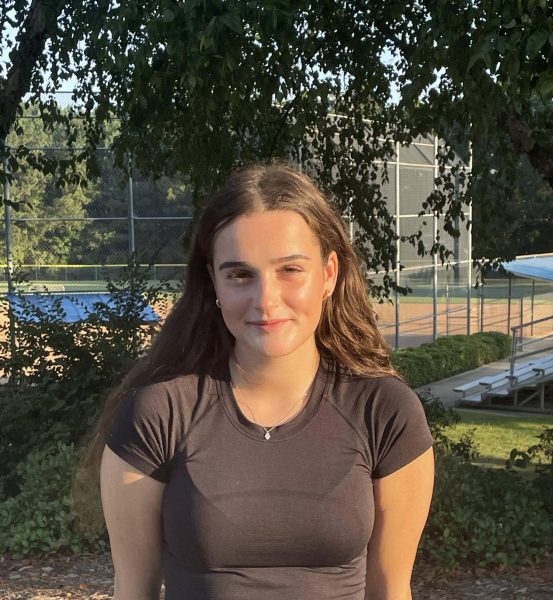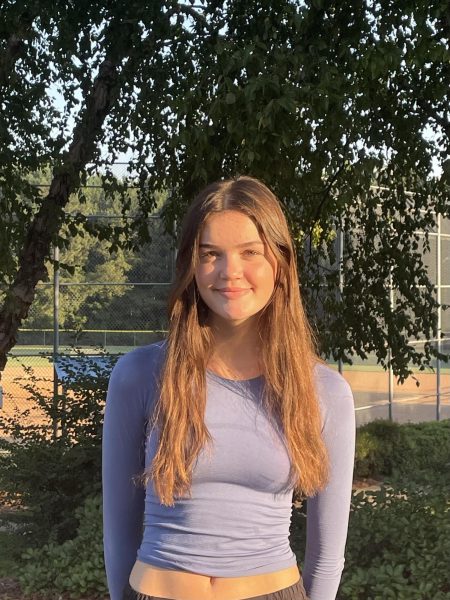The United Nations designated Jan. 27, the anniversary of the liberation of the Auschwitz-Birkenau concentration camps, as a day to remember and reflect on the Holocaust. This day educates new generations on the violent, inhumane actions that occurred in hopes of preventing history from repeating itself.
In a nationwide survey, studies found that 63% of millennials and Generation Z did not know that 6 million Jews were murdered in the Holocaust and 56% did not know about the Auschwitz-Birkenau concentration camps. To address this statistic, the United Nations created the International Holocaust Remembrance Day to raise awareness and established an outreach program to encourage young adults to use their voices and speak out about anti-Semitism, racism and religious-based hate.
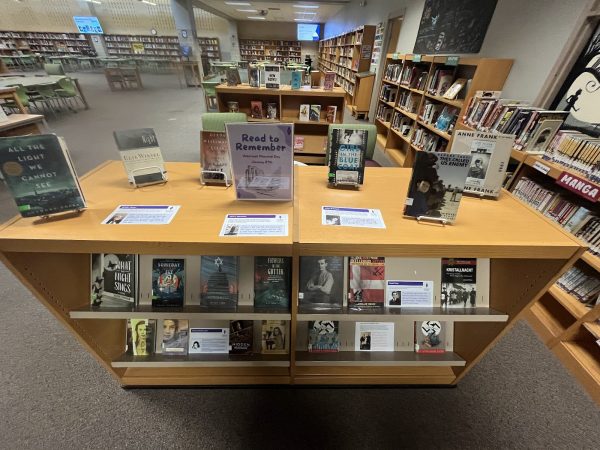
The Holocaust was the genocide of Jewish people by the Nazis, a German political party. Deemed one of the darkest times in the Jewish community, The Holocaust or Shoah translates to “catastrophe” in Hebrew. During the twentieth century, Jews faced unparalleled mass displacement, enduring state-sanctioned massacres, the expulsion of their communities and the revocation of citizenship due to Nazi occupation in many European countries such as Norway, Germany and Poland.
As part of their ethnic cleansing mission, the Nazis rounded up Jews, initially isolating them in ghettos. A “ghetto” is a closed district or area where Jewish people were sent to segregate them from the rest of society. Living conditions were miserable within the ghettos, with rampant overcrowding leading to significant health and sanitation issues. The Nazis established the first ghetto of World War II in Poland in 1939. One of the most infamous ghettos was the Warsaw Ghetto, which held approximately 500,000 Jews at its peak. Eventually, Jews would be moved from ghettos to imprisonment sites. The Nazis established an estimated 44,000 Nazi imprisonment sites known as “concentration camps,” a collective term for areas in which Jews were held prisoners and brutalized.
In honor of the holiday, Green Hope English teacher Ms. Melanie Diorio organized a presentation in the library displaying a series of books relevant to both the Holocaust and World War II. The displayed books share the perspectives of various people impacted by the war. “Many genres and perspectives are represented among these books on display in the Media Center, such as historical fiction, graphic novels, biographies/histories and nonfiction memoirs written by Holocaust survivors,” Ms. Diorio said.
Ms. Diorio created the display with the purpose of encouraging students to learn more about the Holocaust and similar events in history. She said, “It is imperative that students read as much as possible in this case to get exposure to a variety of voices from the World War II era from various experiences and a plethora of ethnic/cultural backgrounds. This may also encourage students to want to learn about other genocides that have occurred—and are still occurring.”
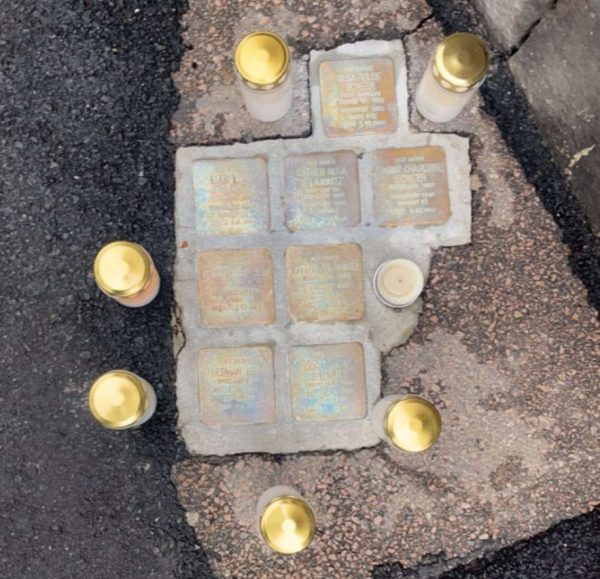
Green Hope sophomore Ben Spiegel expressed the importance of having a visual display for all students to learn more about the Holocaust. “I hope that students here can be able to further their studies of the Holocaust and learn vital history that will educate us so we can learn from the past,” he said. “By learning and understanding the past we can move forward to a more peaceful and safe future for everyone.”
In addition to creating presentations, Ms. Diorio will be leading a new Holocaust-focused class at Green Hope. “Green Hope will be offering an English elective course next year that I will be teaching: a Holocaust/Genocide Studies class,” she said. “As a member of the NC Council on the Holocaust, I also have helped plan workshops to train Holocaust educators across the state.”
In order to commemorate those who have suffered and lost their lives, one can visit Holocaust museums to view real pieces of history and further one’s understanding of the event. In Jewish communities, lighting candles, known as yahrzeit, on the anniversaries of the deaths is another way to remember those who were lost.
International Holocaust Remembrance Day is a time to mourn the detrimental genocide of the Jewish people less than eight decades ago, as well as a time to commemorate their resilience through oppression and ensure history does not repeat itself. “How do we make sure crimes against humanity don’t happen in the first place? How can we take steps to prevent violence that is fueled by ignorance and intolerance? As members of the human race, we are obligated to face these questions,” Ms. Diorio said.

